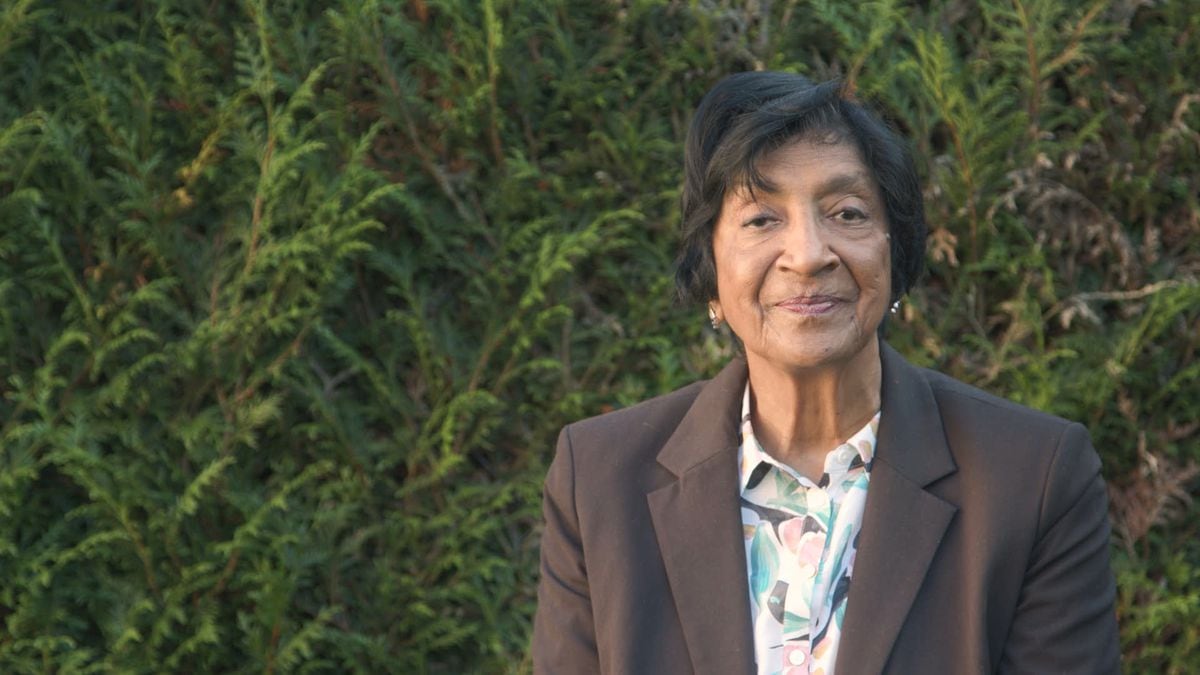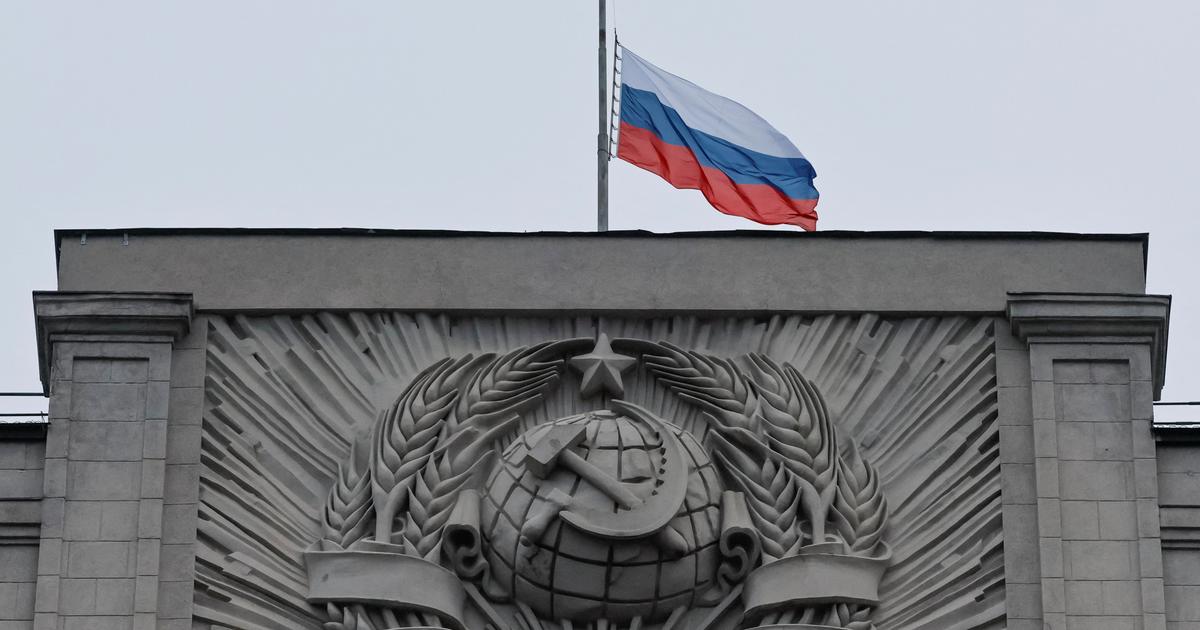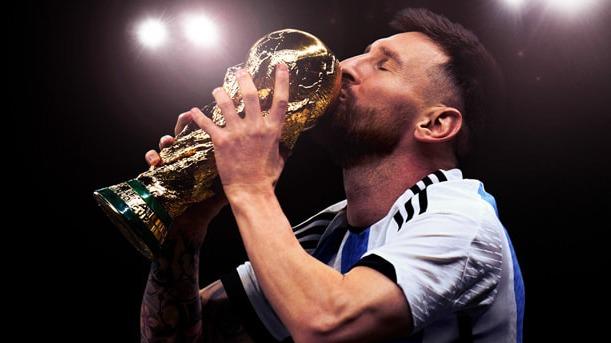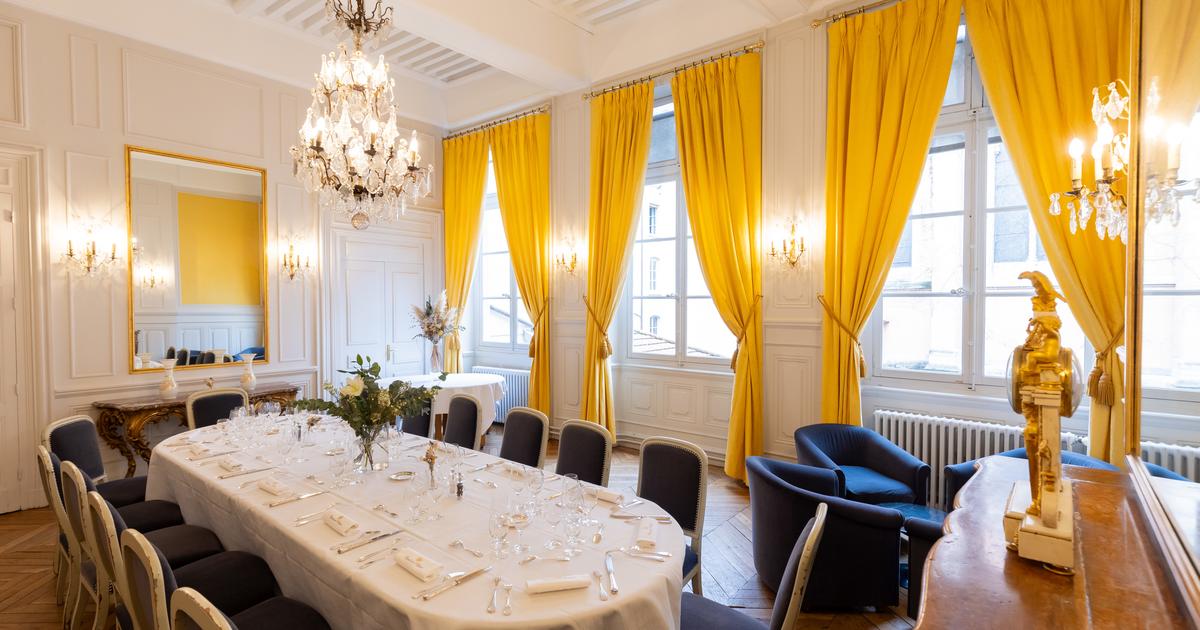The life of Navanethem Pillay (Durban, 1941) is one of milestones and first times. She was the first South African to earn a Juris Doctorate from Harvard Law School in 1982. 15 years earlier, in 1967, Pillay became the first non-white woman to open her own law firm in the Natal province, Where was he born. In 1995, a year after the African National Congress (ANC) came to power, Nelson Mandela nominated her as a judge to join the Supreme Court of Justice of South Africa, also being the first non-white justice. to serve in this body.
Ethnic Tamil, and the daughter of a bus driver, this lawyer admits that her more than 28 years as a lawyer during
apartheid
, defending the rights of jailed activists, including President Mandela, made her reflect on the death penalty and how it punishes families, especially women and children. The former United Nations High Commissioner for Human Rights between 2008 and 2014, since 2017 has chaired the International Commission against the Death Penalty (CIPM), an organization that has received the North-South Award from the Council of Europe 2020.
This award, which has been awarded every year since 1995 to two candidates - activists, personalities or organizations - who stand out for their exceptional commitment to promoting North-South solidarity, was presented on December 9 in Lisbon.
Navanethem Pillay, also known as Navi, was unable to attend the event in person due to the covid-19 restrictions that her country recently suffered after the explosion of the omicron variant.
On the phone from her residence in South Africa, we spoke with her about capital punishment, the future challenges she faces from the Commission, the role of women in justice and the defense of human rights.
Ask.
Congratulations on the award.
How important is receiving this award to the International Commission against the Death Penalty?
Answer.
Thanks a lot.
It is certainly very important, because this commission is made up mainly of former heads of state, government, ministers, senior United Nations officials, judges, lawyers and academics, and all of them have been working silently and steadily for 10 years to really focus on doing a good job.
It touches our hearts that the work has been recognized.
It is a reward, a wonderful surprise and, at the same time, a great diffusion of all the tasks that we carry out.
Q.
What are the main challenges currently facing the International Commission Against the Death Penalty?
R.
Well, today, and I also speak here as a former United Nations High Commissioner, one of the main challenges is the protection of human rights, in addition to safeguarding the sovereignty clause. I agree with civil society and other NGOs when they define as an alarming situation that some States want to maintain a legal vacuum in order to avoid complying with their obligations under international law. Although more and more countries have joined in the last votes for the moratorium on the use of the death penalty at the United Nations, not all have yet judicial systems that are moving towards a more humane punishment system. An example of this are the courts themselves to try the crimes of former Yugoslavia and Rwanda, in which the UN did not impose capital punishment as the maximum punishment, but life imprisonment.We must send the message that the death penalty is not a deterrent. No one has yet been able to demonstrate that in countries where there is the death penalty, there are fewer crimes. The challenge, again, is where the world is going.
The message must be sent that the death penalty is not a deterrent.
No one has yet been able to demonstrate that in those countries where there are executions, there are fewer crimes
Q.
According to Amnesty International, 2020 saw the lowest number of executions in the last 10 years.
What changes do you think have occurred to reduce this number?
R.
One of the great changes comes from civil society and movements like Amnesty International, which make great efforts to convince people and expose the cruelty and damage of the executions that are taking place, especially in the United States, where for example, the chemicals used cause a lot of suffering to the victims.
As I was saying before, more and more countries are voting in favor of a moratorium on the use of the death penalty at the United Nations, which is held every two years.
In addition, countries such as Botswana and Ghana have not carried out executions for years.
There are many activists who raise their voices, especially in the Middle East and China, they have little freedom of movement before governments that are willing to kill in the name of the state
A delegation from the CIPM and I traveled to Guyana, where we were able to verify that none have been carried out in the last 25 years, despite the fact that capital punishment is still contemplated in the law.
I asked your president: 'Doesn't this show you that people are happy without the death penalty?'
And he replied: 'No, the reason why executions are not carried out is because nobody wants to work as an executioner, nobody answers the job offer that we announced.'
Ultimately, there is a greater awareness of the death penalty, alongside greater global awareness of human rights.
Q.
If civil society, the United Nations and agencies are willing to prohibit the death penalty, why do you think some governments are resisting?
R.
It is true that there are a good number of countries that hide behind the fact that the UN has not yet been able to approve a convention against the death penalty, in order to continue administering the death penalty on its own. Many of these governments say that the citizenry wants to maintain it, and in some US states it is an electoral issue, because if they abolished this measure, many of these politicians admit that they would lose the majority of their votes in the next election. I am aware that there are many activists who raise their voices, especially in the Middle East and China, where this sanction is frequent, however, they have little freedom of movement before governments that are willing to kill in the name of the State.
Q.
In your last speech on the World Day Against the Death Penalty, you said that society should focus on the figure of women and capital punishment as an invisible reality.
Why?
A.
I have found that women care more about human rights issues.
You will find them in any type of protest and always in front of them.
In addition, they are the ones who take care of their family and children and, in general, men are the most exposed to the death penalty.
That's when the woman realizes that the person who was supposed to earn money and support them is gone.
That is why I affirm that capital punishment punishes women and children especially, it increases their burden.
Who is the State punishing with this execution?
Clearly to the female population.
Q.
Is it social class and poverty factors that can lead to an innocent person being found guilty and face the death penalty?
A.
Absolutely.
CIPM publishes extensively on this and other international organizations such as Amnesty International and Human Rights Watch as well.
The death penalty affects poor and marginalized people most.
You will find that in every jail in the United States, or in my own country, South Africa, poor people are also the most affected by covid-19.
And one of the reasons is because they can't afford a proper defense.
This does not mean that the poor commit more crimes, but it does mean that access to justice is denied them more often.
Q.
What would you like to achieve during your years as president of the International Commission Against the Death Penalty?
R.
The first step would be to stop the executions, as the UN already requests, against minors or the mentally ill.
Of course, the ultimate goal and the one we will never give up for is to end the death penalty once and for all, globally, in all countries, because someone who is innocent and executed should weigh on the conscience
of each and every one of us.
The death penalty has no place in the modern era, which is governed by democracy, the rule of law and human rights.
Q.
As a human rights defender all these years, during the
apartheid era
or as head of the United Nations tribunal for Rwanda, what have been the most challenging moments or circumstances?
R.
All are key moments in my life, but the hardest, of course, was living
apartheid
in South Africa.
That is why I understand what it is to be a victim without rights and without access to justice.
There was nothing we could do for 30 years as lawyers, but we kept fighting and fighting, despite being very limited.
I never thought that I would see the end of
apartheid
in my life
, racism and discrimination in South Africa, but it happened thanks to the collective action of society.
For me, that was the most difficult, but the most wonderful, because the entire black population and some white Indians were involved in the struggle.
When I started working at the UN High Commissioner, governments thought that food, health, education, work, housing and water were not a basic right.
And look how far we have come in their recognition.
I used to say that these were not products that are sold only to the wealthy, but should be available to everyone equally.
I never thought that in my life I would see the end of 'apartheid', racism and discrimination in South Africa, but it happened thanks to the collective action of society
P.
Nelson Mandela, already as president, appointed her a judge in the Supreme Tribune of South Africa, thus becoming the first non-white woman with that position.
How do you remember that moment?
A.
It was a wonderful moment in my life when Nelson Mandela called me at home and said, 'Congratulations.
This appointment fills me with joy, I hope it will be permanent.
It says a lot about him as president, at a time when he could have tried to educate me and tell me how to act in my new position.
Before, it would have been thought that since I am a woman, black and a lawyer, I would not be competent for the position, something that changed with Mandela.
Society has evolved a lot.
Q.
What are you most proud of in all these years of career?
A.
That is a difficult question. I think if I did achieve something as a judge that I am proud of is that, for the first time, what happens to a woman during a war was considered a crime. Soldiers were encouraged to use the woman, rape her and take her as another trophy without anyone being punished. It wasn't until 1996, with the Rwandan genocide trial in which I participated - the International Criminal Court for Rwanda (ICTR) - that this changed. In it, for the first time, rape and sexual violence against women constituted a crime against humanity. That's why I feel good, because all judges and lawyers know that setting a precedent for the first time is very difficult. It was a conquest by which the world would benefit forever.
P.
After so many years of career, is there something that you have pending to do?
R.
My heart goes on and goes to the poor of this world.
This is one of the greatest violation of human rights, that the poor become poorer and poorer.
And rich people are getting richer.
Even during the pandemic, extremely wealthy people became even more so.
Something's wrong.
So I focus on the poor and the bottom of the ladder: women and children.
FUTURE PLANET can follow on
,
and
, and subscribe
here
to our 'newsletter'
.





/cloudfront-eu-central-1.images.arcpublishing.com/prisa/X3JH3P434BH2BKRQ6YNHPELKFQ.JPG)



